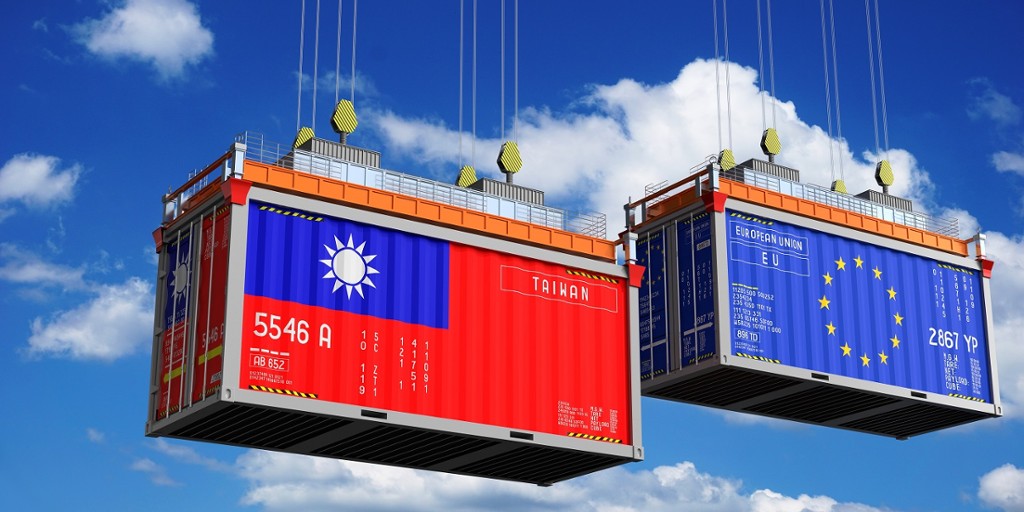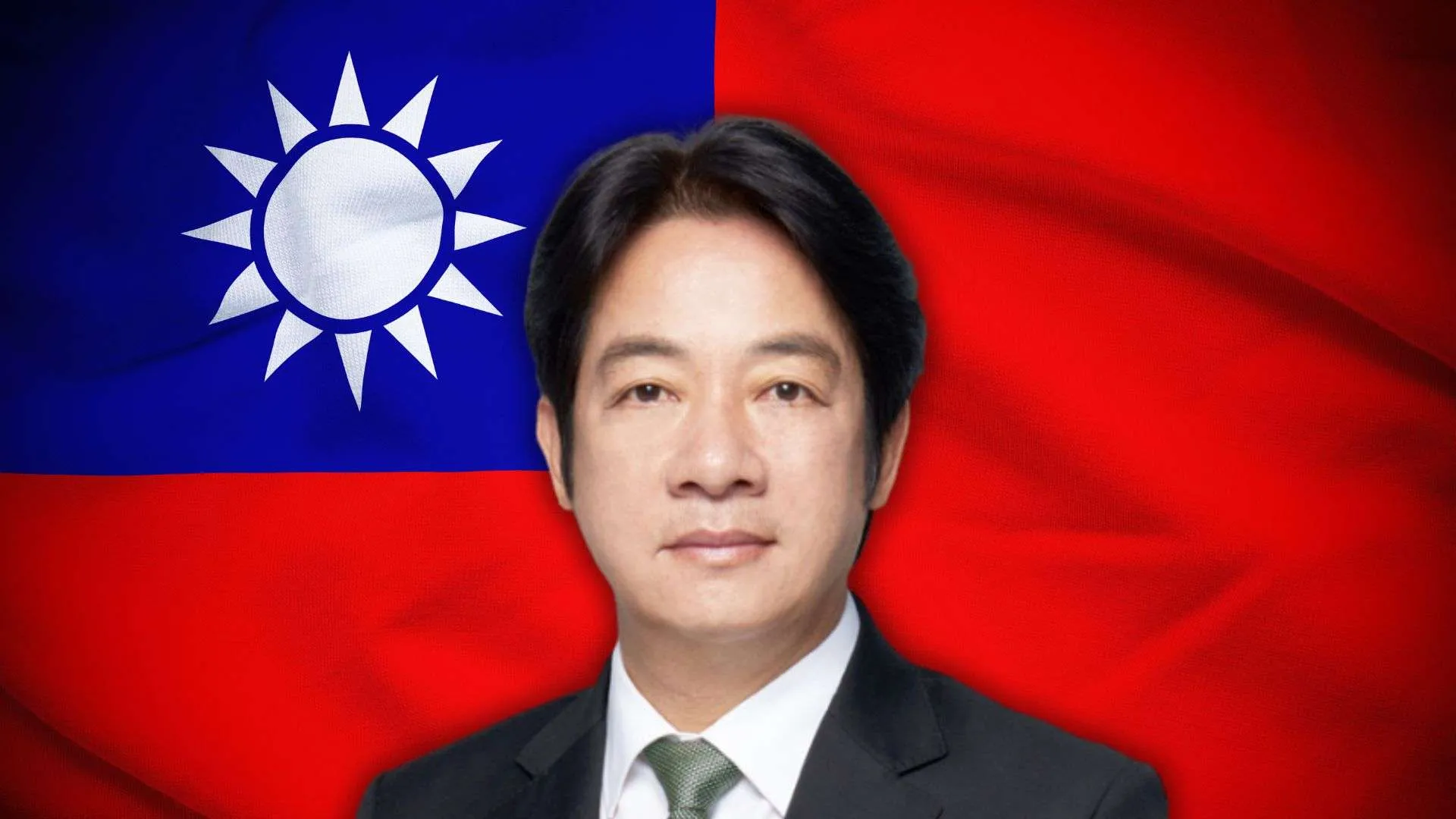by Martin Haffner Associate Editor
In a significant development in the semiconductor industry, Taiwan’s government has launched an investigation into Semiconductor Manufacturing International Corporation (SMIC), China’s largest chipmaker, for allegedly engaging in the unauthorized poaching of Taiwanese talent. The probe comes amid rising tensions between Taiwan and China, particularly over technology transfer and intellectual property rights in the semiconductor sector.
Background
Taiwan is a global leader in semiconductor manufacturing, home to giants like Taiwan Semiconductor Manufacturing Company (TSMC), which supplies chips for leading tech companies worldwide. The island’s advanced semiconductor industry has become crucial not only for economic growth but also for national security in the context of global supply chains and technological competition.
SMIC, on the other hand, has been under scrutiny for its rapid technological advancements and close ties to the Chinese government. As China seeks to bolster its domestic semiconductor capacity amid geopolitical tensions and trade restrictions with the United States, the competition for skilled workers has intensified.
Allegations of Poaching
The Taiwanese Ministry of Economic Affairs has stated that it received multiple complaints regarding SMIC’s aggressive recruitment efforts targeting engineers and other skilled personnel from Taiwanese firms. Companies have reported that former employees are being lured back to China with substantial salary packages and incentives.
Officials in Taiwan view this as a strategic move by SMIC to enhance its capabilities and competitiveness at a time when the global semiconductor market is facing significant disruptions. This incident has raised alarms over the potential loss of critical expertise that has fueled Taiwan’s semiconductor dominance.
Government Response
In response to these allegations, Taiwan has ramped up measures to protect its talent pool. The government is considering tightening regulations related to employee transfers and is also exploring legal avenues to counter any unlawful recruitment practices.
Taiwanese President Tsai Ing-wen has emphasized the importance of safeguarding the island’s technological edge, highlighting the critical role the semiconductor industry plays in Taiwan’s economy and the global tech ecosystem. The government is working to reinforce the semiconductor workforce domestically and strengthen the ties between academia and the industry to ensure a robust pipeline of skilled professionals.
Implications for the Semiconductor Industry
The investigation into SMIC could have broader implications for China-Taiwan relations and the global semiconductor industry. If SMIC is found guilty of violating labor laws, it may face significant repercussions, including further restrictions from Taiwan and potential sanctions from other countries concerned about intellectual property theft.
Moreover, this incident underscores the escalating competition in the semiconductor field. As nations race to secure their supply chains and technological independence, the battle for talent is becoming a critical front in the ongoing tech war between China and the U.S., with Taiwan caught at the center of this geopolitical struggle.
As Taiwan probes the actions of SMIC regarding alleged staff poaching, the move signals a growing determination to maintain its technological edge in the semiconductor sector. The outcome of this investigation could influence not only the dynamics of talent acquisition in the semiconductor industry but also the broader relationship between Taiwan and China. With semiconductor technology being pivotal for future innovations, it is clear that both sides will be closely watching the developments of this investigation and the ensuing ramifications in the global tech landscape.



